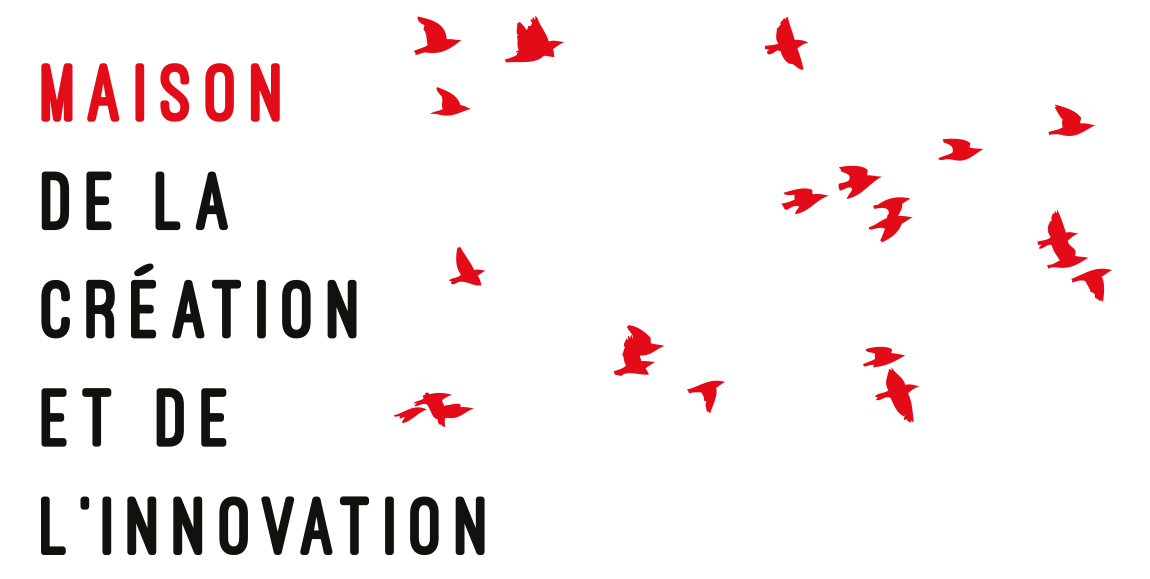- Imprimer
- Partager
- Partager sur Facebook
- Partager sur X
- Partager sur LinkedIn
Séminaire / Recherche
Le 20 novembre 2024
Saint-Martin-d'Hères - Domaine universitaire

Série de séminaires de l'axe transversal "Création culturelle et territoire(s)" autour de la notion de "Climate Fiction(s)".
Ce séminaire est le deuxième d'une série de séminaires de l'axe transversal «Création culturelle et territoire(s)» de l'ILCEA4 intitulée "Climate Fiction(s)" qui a pour but d'explorer différents types de fictions climatiques, à la fois dans la littérature et dans les arts visuels, d'un point de vue anglophone. Pour ce deuxième séminaire est invitée Dr Nessa Cronin (Centre for Irish Studies, School of Geography, Archaeology and Irish Studies, University of Galway et GATES Senior Research Visiting Fellow à la Maison de la création et de l’innovation de l'Université Grenoble Alpes pour 2024) qui parlera de The Ministry for the Future (2020) de Kim Stanley Robinson.
Climate Fact or Climate Fiction? Exploring the Politics of Hope in Kim Stanley Robinson’s Ministry for the Future (2020)
Guest-Speaker: Nessa Cronin, Centre for Irish Studies, School of Geography, Archaeology and Irish Studies, University of Galway and GATES Senior Research Visiting Fellow at the Maison de la création et de l’innovation at the Université de Grenoble-Alpes for 2024.
Respondent: Marie Mianowski, Professor of Irish Studies and Anglophone Literature at Grenoble Alpes University, ILCEA4
Seminar Abstract
The environmental crisis is also a crisis of hope as Elin Kelsey has argued in Hope Matters (2020). However, as climate scientist Katherine Hayhoe outlines in Saving Us (2021), narratives and the stories we tell ourselves and tell others also critically matter in holding a vital space for hope and for the possibilities of new eco-social futures to flourish.
This seminar explores the politics of hope in Kim Stanley Robinson’s clifi novel, Ministry for the Future (2020). The novel opens during a heatwave in India and is set in the near future (beginning in 2025) and explores the workings of transnational global organisation, the Ministry for the Future, which was set up after the Paris Climate Agreement to advocate for the rights of future generations. The book, a fictional mix of economics, policy, politics, ecology, science and engineering, examines future climate scenarios through the lens of the characters Mary Murphy (head of the Ministry for the Future) and Frank May, an American aid worker who has been severely impacted by the ecological fall out of the heatwave in India. Murphy, a former foreign minister from Ireland in the novel, is loosely based on Mary Robinson, a former President of Ireland and former High Commissioner for Human Rights with the United Nations.
As a leading contemporary American fiction writer, Stanley Robinson has explored such themes in previous works such as New York 2140 and 2312, and as a previous doctoral student of Frederic Jameson the novel questions whether it is easier to imagine the end of the world rather than the end of capitalism (Jameson, 2003). The books traces the challenges on ‘how to be a good ancestor’, and the difficulties in ethically navigating what sociologist Elise Boulding has called ‘the long now’. Rather than arguing for any seismic, disruptive break from the present, Stanley Robinson argues that it is better ‘to try to imagine a stepwise progression from what we’ve got now to a better system’ and that his work is concerned with building a bridge to an alternative, possible future (Stanley Robinson, Jacobin, 2020).
Biographies
Dr Nessa Cronin is Head of Irish Studies at the Centre for Irish Studies, School of Geography, Archaeology and Irish Studies, University of Galway, and is currently the Chair of the Irish Humanities Alliance, at the Royal Irish Academy, Dublin. Her recent work in Environmental Humanities has critically examined the role of humanities research and arts practice in addressing the urgent challenges of climate change and biodiversity loss, and she has contributed to government policy on the role that culture can play in addressing the climate ambition/climate action gap.
Nessa has been the recipient of several awards from the Irish Research Council, Culture Ireland, and the European Science Foundation. She has held research fellowships in the University of Stanford, University of Oxford, University of Concordia, amongst others, and is a GATES Senior Research Visiting Fellow at the Maison de la création et l’innovation at the Université de Grenoble-Alpes for 2024.
Marie Mianowski is Professor of Irish Studies and Anglophone Literature at Grenoble Alpes University. She is the author of Post Celtic Tiger Landscapes in Irish Fiction (Routledge, 2017) and numerous articles on contemporary Irish literature, representations of place and landscape, and issues of migration and hospitality in contemporary literature and the arts. With Valérie Morisson she co-leads the SEEDS (Sensory Ecologies and Environmental Dialogues in Ireland) IRGA IdEX Project as well as the Irish Ecologies section of the G.I.S. EIRE which focuses on the convergence between artistic practices and representations and the ecological practices of gardening and agriculture in Ireland in the context of climate change.
Partenaires
 |
.png) |
 |
Date
à 16h30
Localisation
Saint-Martin-d'Hères - Domaine universitaire
Maison de la création et de l'innovation
Salle 204 (2e étage)
Contacts
à télécharger
Info+
- Imprimer
- Partager
- Partager sur Facebook
- Partager sur X
- Partager sur LinkedIn